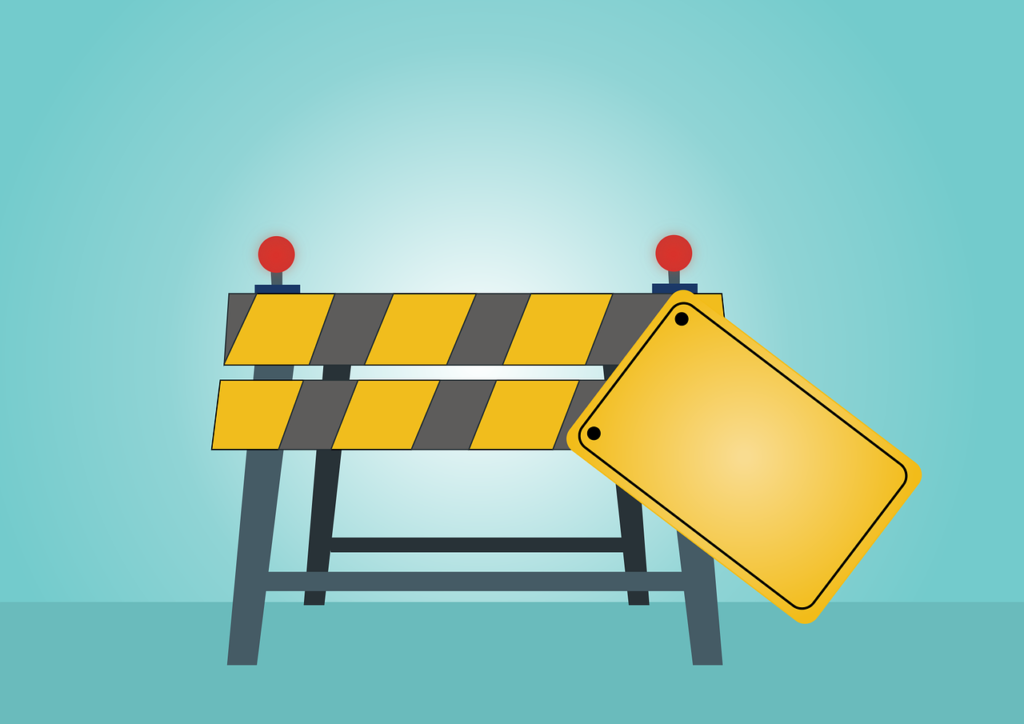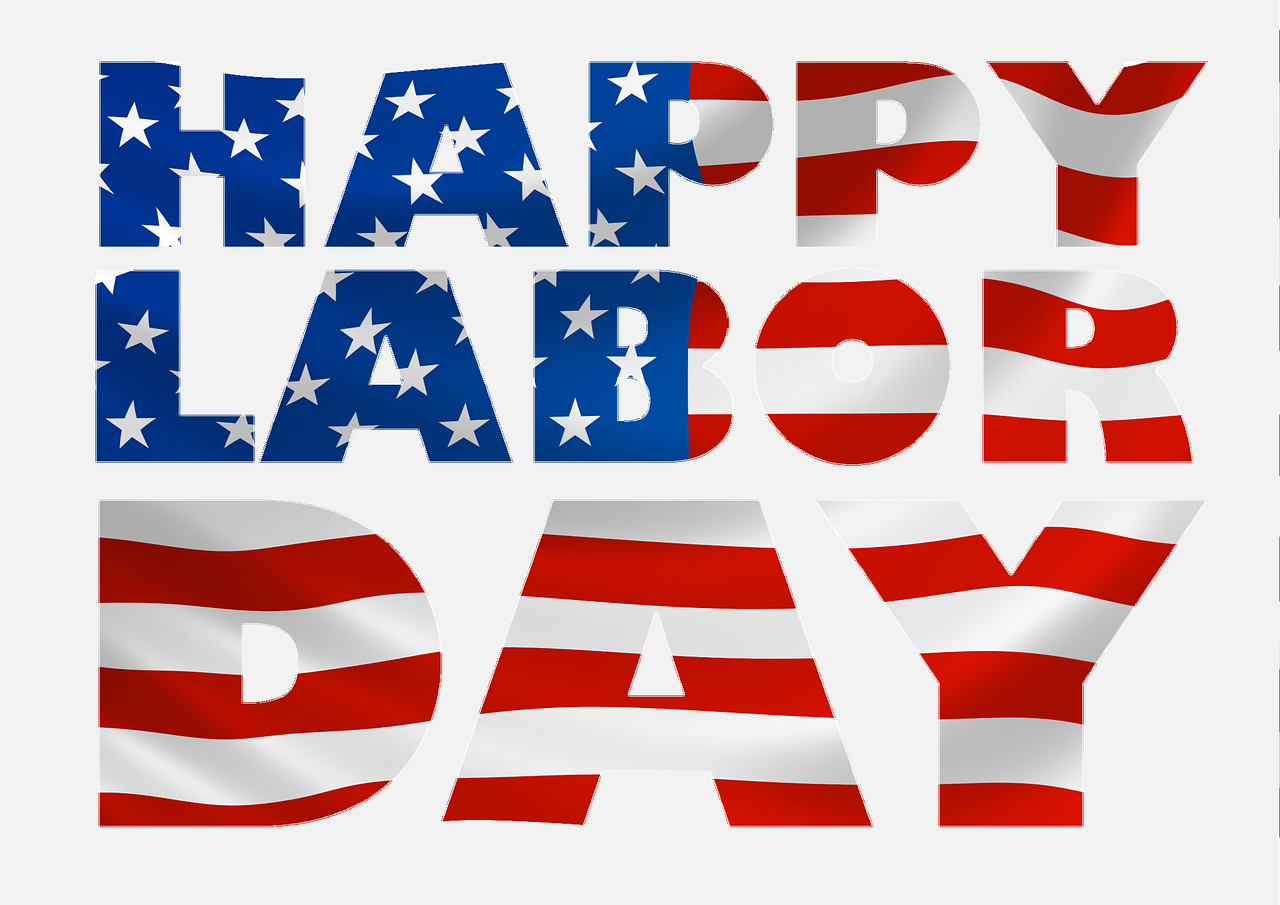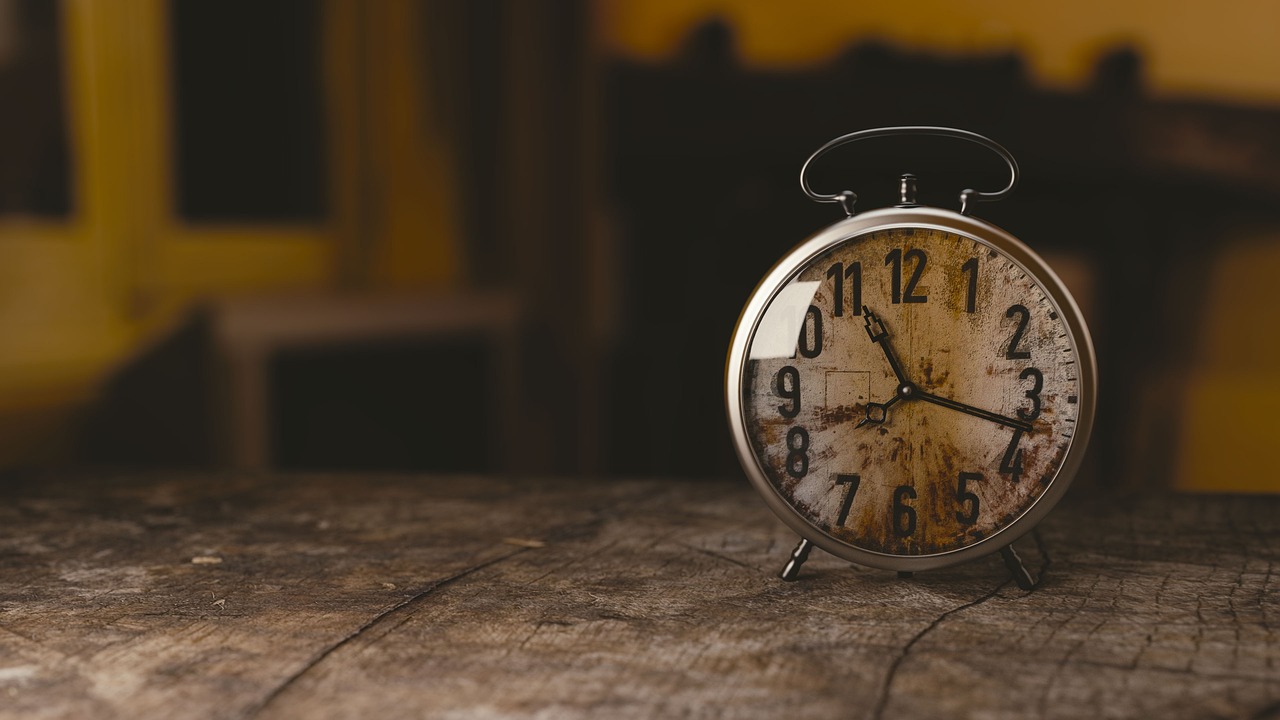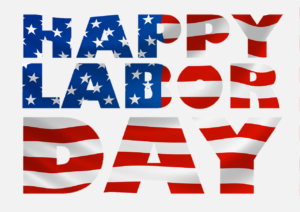What is Labor Day and Why Do We Celebrate It?
Labor Day is more than just a long weekend marking the end of summer. It’s a day with deep historical roots that honors the contributions of workers to the strength, prosperity, and well-being of the country. Celebrated on the first Monday in September, Labor Day is a tribute to the social and economic achievements of American workers. But how did this holiday come to be, and why is it so significant? Let’s delve into the history and importance of Labor Day.
The Origins of Labor Day
- Birth of the Labor Movement: Labor Day originated during a time when the labor movement was gaining momentum in the late 19th century. Industrial workers faced long hours, unsafe working conditions, and little job security, leading to the rise of labor unions.
- First Celebrations: The first Labor Day was celebrated on September 5, 1882, in New York City. Organized by the Central Labor Union, the event featured a parade of over 10,000 workers, followed by a festival to honor laborers.
- A National Holiday: In 1894, after years of labor unrest and the Pullman Strike, Congress passed an act making Labor Day a national holiday, and President Grover Cleveland signed it into law.
Why We Celebrate Labor Day
- Honoring Workers’ Contributions: Labor Day is a day to recognize and celebrate the contributions of American workers to the country’s development and economic success. It acknowledges the hard work and dedication that have built the nation.
- Reflection on Workers’ Rights: The holiday serves as a reminder of the struggles and achievements of the labor movement, including the establishment of fair wages, reasonable working hours, and safer working conditions.
- A Day of Rest and Leisure: Historically, Labor Day was created as a day off for the working class, providing a much-needed break from the demands of work. It’s a day for workers to relax, spend time with family, and enjoy the fruits of their labor.

How Labor Day is Celebrated
- Parades and Public Events: Many cities across the United States hold parades, often featuring representatives from labor unions, marching bands, and community organizations. These parades highlight the importance of workers and the labor movement.
- Family Gatherings and Barbecues: Labor Day is synonymous with end-of-summer barbecues, picnics, and family gatherings. It’s a time when people come together to enjoy good food and the company of loved ones.
- Sales and Shopping: For many, Labor Day has become a major shopping event, with retailers offering significant sales and discounts. It’s a popular time to purchase big-ticket items, such as appliances, furniture, and electronics.
- End of Summer Festivities: Labor Day also marks the unofficial end of summer, leading to outdoor activities, beach trips, and fireworks displays as people make the most of the remaining warm weather.
The Modern Significance of Labor Day
- A Time for Reflection: Today, Labor Day is not only about celebration but also reflection on the ongoing issues workers face, such as fair wages, job security, and the future of work in a rapidly changing economy.
- Supporting Workers’ Rights: The holiday continues to be a reminder of the importance of supporting and advocating for workers’ rights, especially in industries where exploitation or unsafe conditions persist.
- Recognizing Essential Workers: In recent years, the significance of Labor Day has been amplified by recognizing the contributions of essential workers who have kept society functioning during challenging times, such as the COVID-19 pandemic.
Labor Day is a vital part of American history, a day that honors the backbone of the nation – its workers. From its origins in the labor movement to its modern-day celebrations, Labor Day serves as a reminder of the importance of fair labor practices and the enduring contributions of workers to society. Whether you’re enjoying a barbecue, watching a parade, or simply taking a well-deserved rest, Labor Day is a time to celebrate the achievements and ongoing efforts of workers everywhere.










